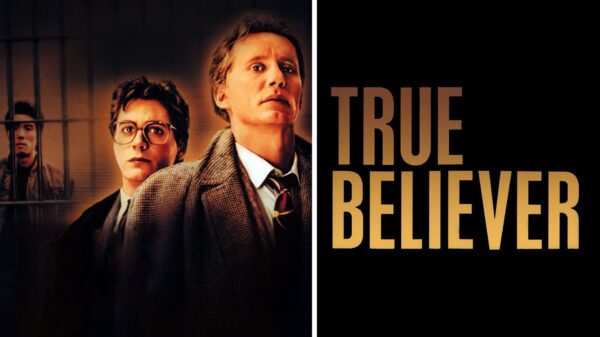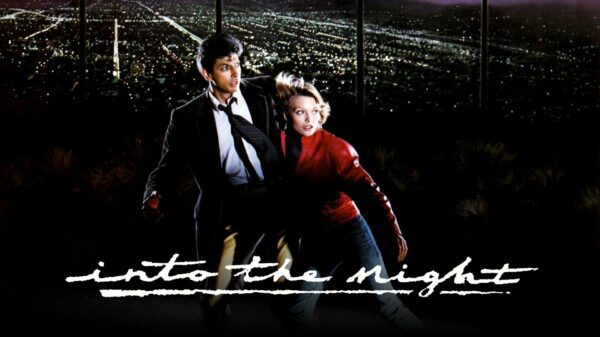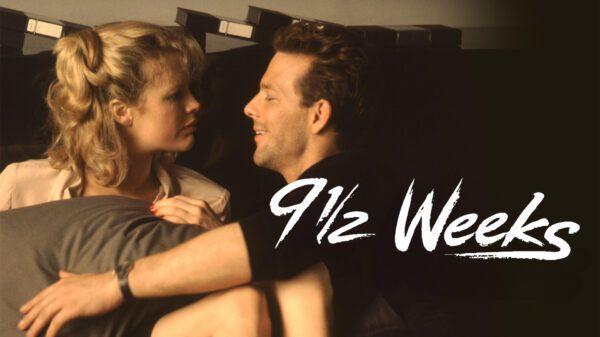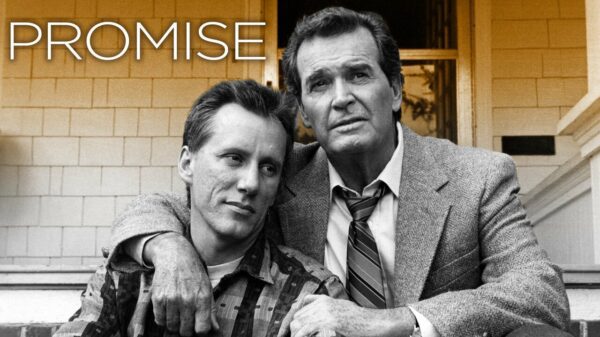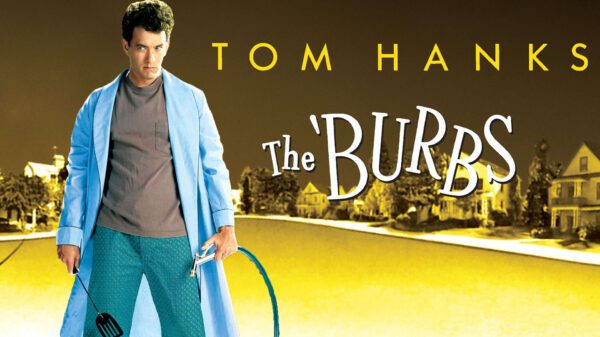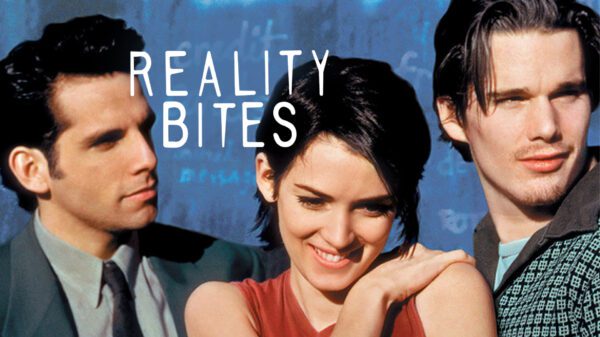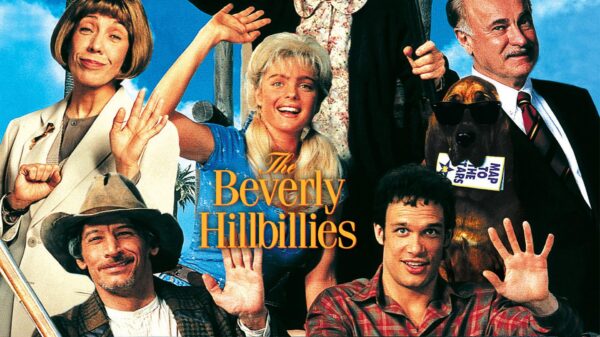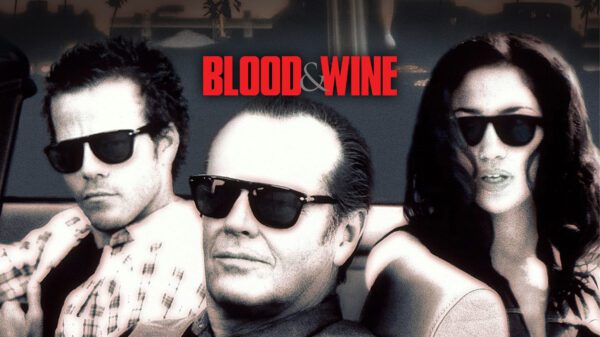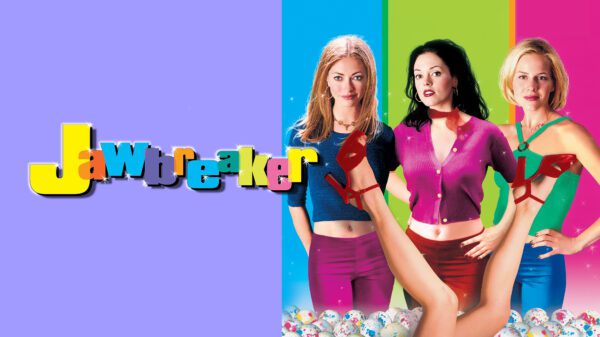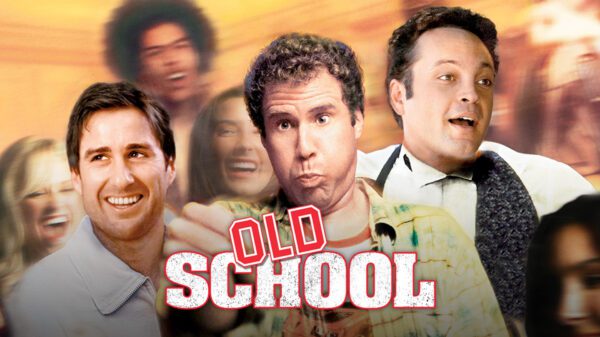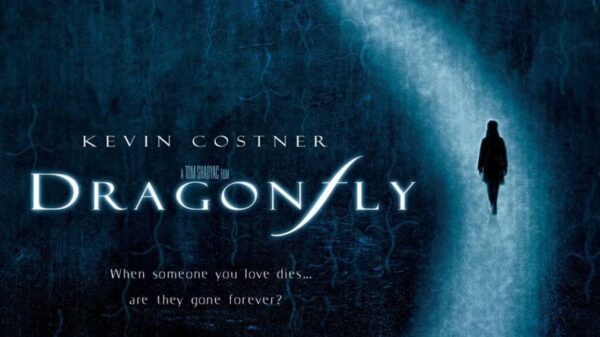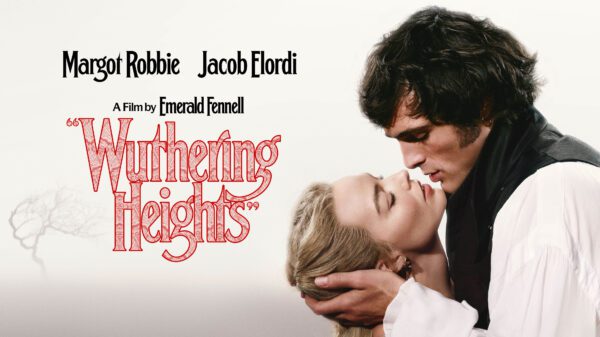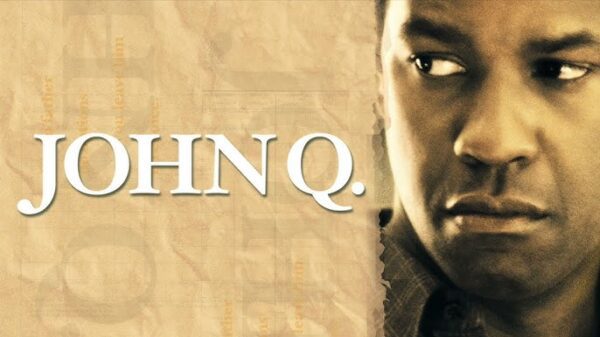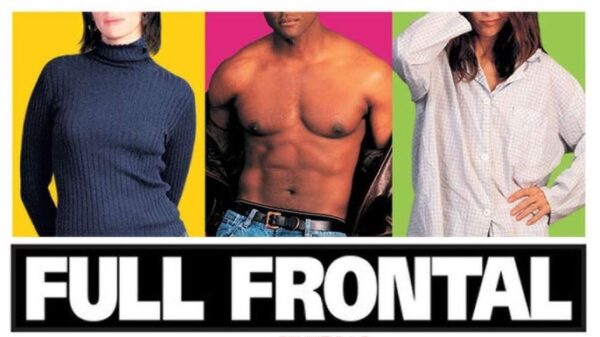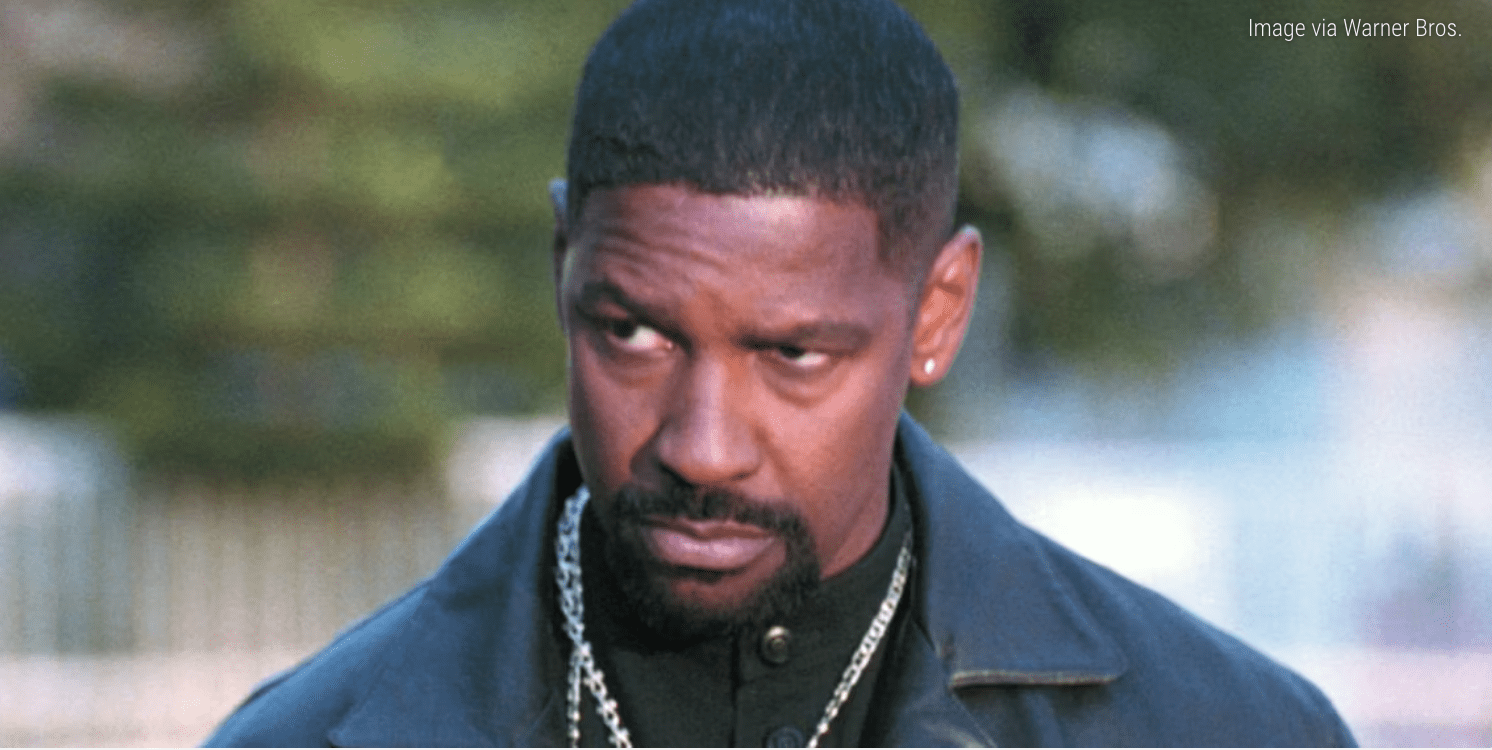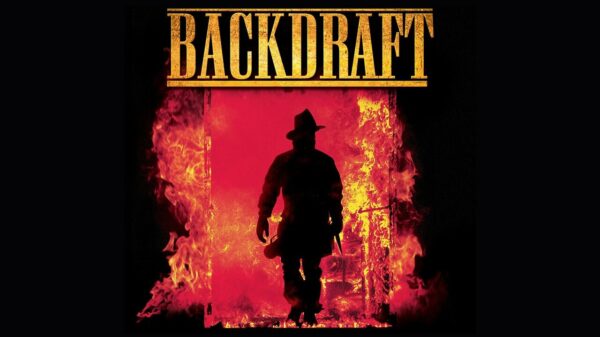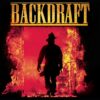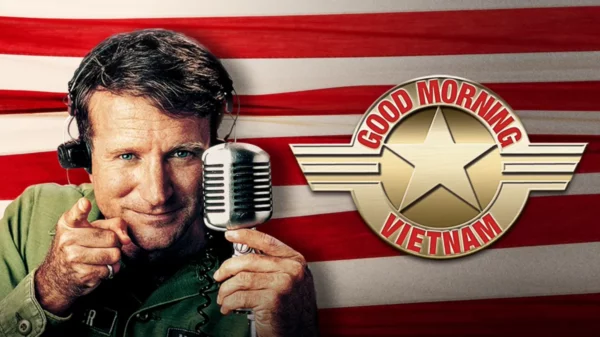Emilio Estevez’s ambitious drama, Bobby, released in theaters on Nov. 23, 2006, is not a straightforward biography of Robert F. Kennedy, but rather a heartfelt ensemble piece dedicated to the idealism, hope, and subsequent devastation surrounding his 1968 presidential campaign.
Set entirely on June 4th and the early hours of June 5th, 1968, the film weaves together the fictional lives of two dozen people in Los Angeles’s Ambassador Hotel, the site of Kennedy’s primary victory party and eventual assassination.
The sprawling narrative meticulously tracks the personal and professional crises of the hotel’s guests and staff as they await the outcome of the California primary.
We meet the seasoned hotel manager, Paul (William H. Macy), struggling to keep the massive event organized, alongside his weary wife, Miriam (Sharon Stone), who works as the hotel’s hairdresser.
Among the staff is the determined young Latino kitchen worker, Jose (Freddy Rodriguez) who has tickets to the Dodgers game to see Don Drysdale pitch, and the nervous campaign volunteer, Cooper (Shia LaBeouf).
The guests include a washed-up, alcoholic lounge singer, Virginia Fallon (Demi Moore), and her manager, Tim (Estevez), dealing with a career collapse; an elderly, estranged couple, Jack and Samantha Stevens (Martin Sheen and Helen Hunt), attempting a reconciliation; and a young man, William (Elijah Wood), marrying his friend, Diane (Lindsay Lohan), solely to help him avoid deployment to Vietnam.
Other figures, such as a cynical campaign worker (Joshua Jackson), a mysterious dispatcher (Ashton Kutcher) and John Casey (Anthony Hopkins) a retired hotel doorman who spends his days in the lobby playing chess with his friend Nelson (Harry Belafonte), illustrate the diverse political and social landscape converging in the hotel ballroom.
Heather Graham, Christian Slater, Laurence Fishburne, Nick Cannon, Joy Bryant, Mary Elizabeth Winstead and Spencer Garrett further contribute to the dense atmosphere.
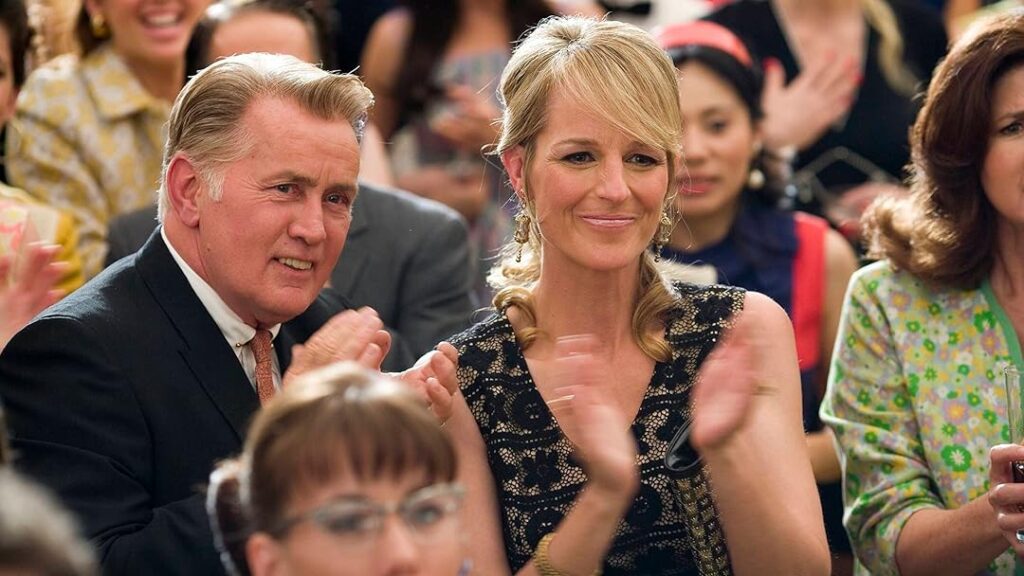
Martin Sheen and Helen Hunt in Bobby (Photo/MGM)
Reception for Bobby
Bobby grossed $6 million on its opening weekend, finishing ninth at the box office.
The film would gross $20.7 million worldwide.
Legacy
Bobby‘s powerful legacy lies in its evocation of the lost innocence of the 1960s.
Estevez uses the multi-perspective structure to build an overwhelming sense of communal expectation and eventual collective grief.
The film is a memorial to the potential that died with Kennedy, demonstrating how the death of one public figure irrevocably shattered the personal realities and hopes of countless ordinary Americans.
Bobby is a poignant, non-linear tribute to the enduring idea that, for a brief moment in 1968, change felt truly possible.

